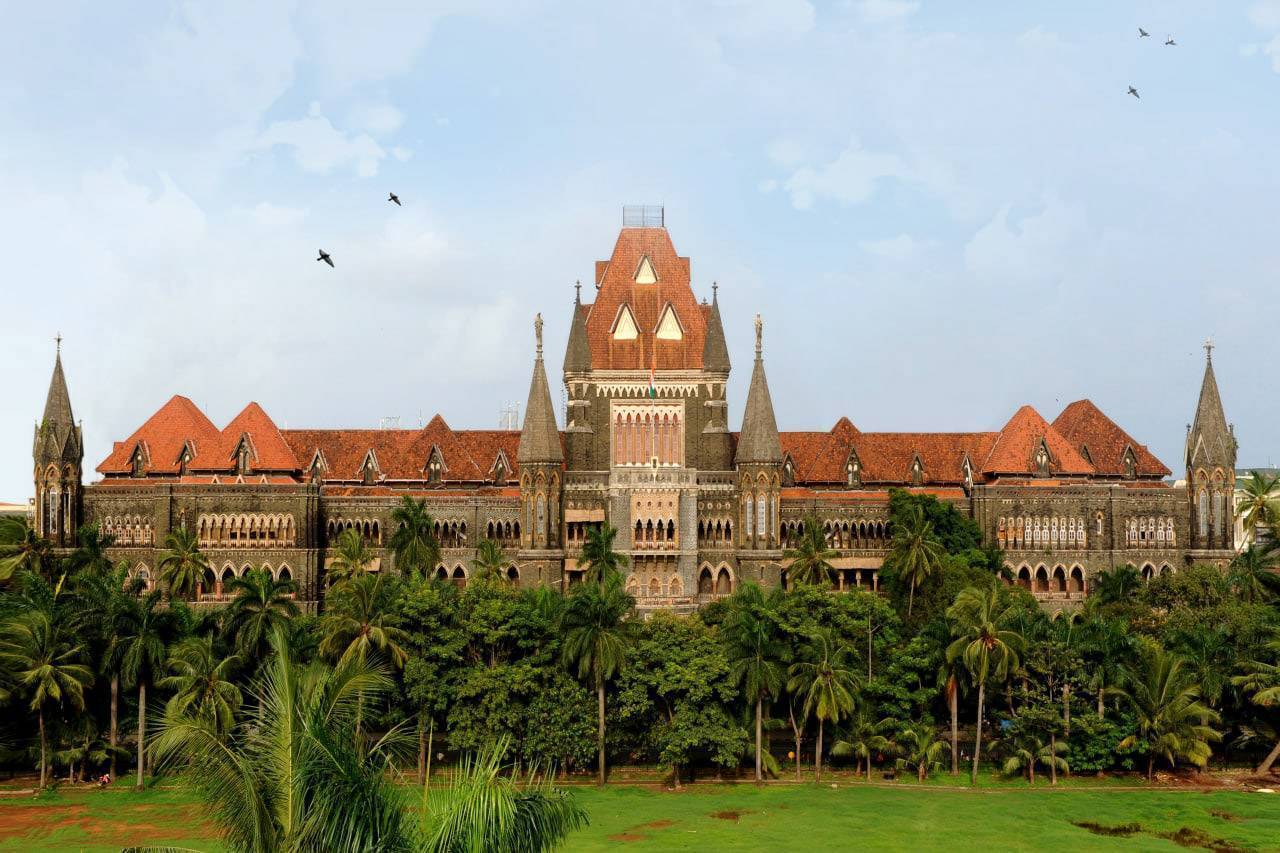The Bombay High Court has directed all municipal corporations, municipal councils, and planning authorities in Maharashtra to link their websites with the Maharashtra Real Estate Regulatory Authority (MahaRERA) portal within three months. This measure aims to enable homebuyers to verify the authenticity of certificates submitted by real estate developers during project registration.
The court also mandated that civic bodies upload commencement certificates and occupancy certificates to their respective websites within 48 hours of issuance, ensuring greater transparency until the integration of the building plan management system with the MahaRERA portal.
The court's directive followed a public interest litigation (PIL) filed by architect Sandeep Patil, who raised concerns about the use of forged documents by some builders to register their projects. The bench, led by Chief Justice Devendra Kumar Upadhyay and Justice Amit Borkar, emphasized the need for MahaRERA to verify the authenticity of all commencement certificates submitted by developers for project registration since June 2023.
The court noted the example of Sai Builders and Developers, which allegedly submitted fabricated commencement certificates for a project within the limits of the Kalyan Dombivli Municipal Corporation (KDMC). Further investigations revealed a list of 64 other projects in KDMC where similar practices had been employed.
In response to the PIL, MahaRERA has initiated steps to cancel the registration of the 65 projects identified as having used forged or fabricated documents. The court also instructed KDMC to proceed with the demolition of 4,570 illegal structures identified in its jurisdiction.
The demolition work is expected to begin after the assembly elections' model code of conduct is lifted. KDMC reported to the court that it had already demolished four multi-storied buildings and 1,687 other illegal structures. Additionally, the corporation had collected taxes from 28,847 buildings, clarifying that tax collection was done without prejudice to any actions against illegal constructions.
A survey conducted by revenue authorities earlier this year identified 7,793 illegal residential structures and 449 illegal commercial structures in the Kalyan taluka. These findings highlight the scale of unauthorized construction in the region and underline the need for stricter enforcement of regulations.
The court’s order seeks to address the issue of fraudulent practices in the real estate sector, which undermine the trust of homebuyers and lead to financial and legal complications. By ensuring timely uploading of certificates and their verification, the court aims to bring accountability to both developers and planning authorities.
For homebuyers, this move is expected to provide a sense of security and clarity regarding the legitimacy of projects. The availability of verified certificates on a centralized platform will enable potential buyers to make informed decisions and reduce the risk of investing in unauthorized or illegal developments.









.png)